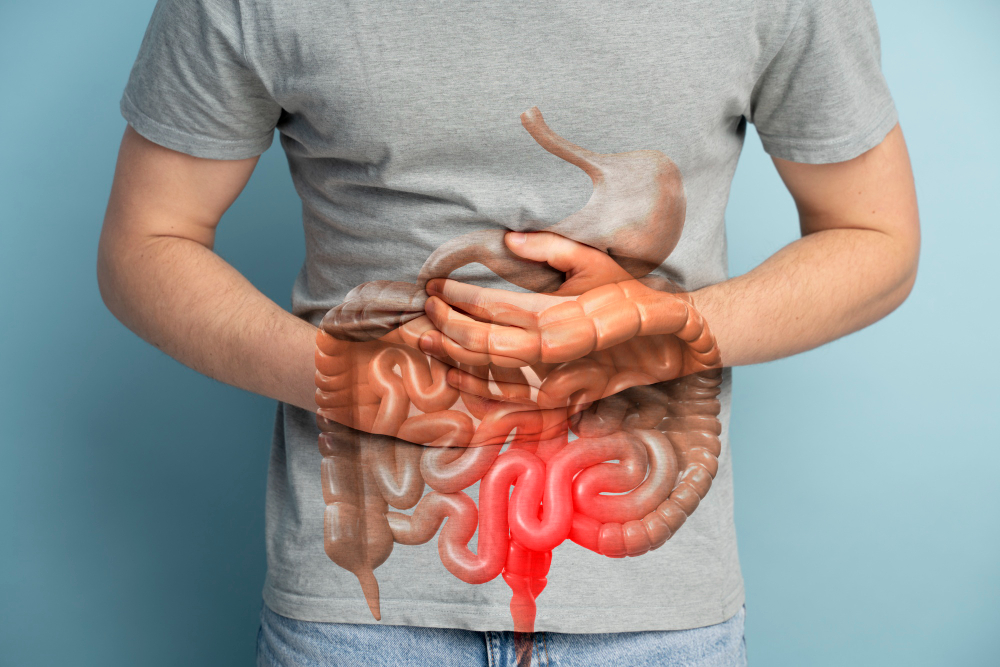Table of Contents
Understanding Hemorrhoids
hemorrhoids are a common ailment that can cause significant discomfort and inconvenience. However, with advancements in medical technology and a better understanding of the condition, there are now more treatment options available than ever before. From traditional remedies to modern surgical interventions, individuals suffering from hemorrhoids have a variety of choices to alleviate their symptoms and improve their quality of life.What are hemorrhoids?
Hemorrhoids, also known as piles, are swollen veins in the lowest part of the rectum and anus. They can be internal, located inside the rectum, or external, under the skin around the anus.Types of hemorrhoids
There are two main types of hemorrhoids: internal and external. Internal hemorrhoids develop inside the rectum, while external hemorrhoids occur under the skin around the anus.Causes of Hemorrhoids
Hemorrhoids can be caused by various factors, including:- Lifestyle factors: Prolonged sitting or standing, low-fiber diet, and straining during bowel movements.
- Medical conditions: Obesity, pregnancy, chronic constipation, and diarrhea.
Symptoms of Hemorrhoids
Common symptoms of hemorrhoids include:- Rectal bleeding during bowel movements
- Itching or irritation in the anal region
- Pain or discomfort
- Swelling around the anus
Diagnosis of Hemorrhoids
Hemorrhoids are typically diagnosed through a combination of medical history, physical examination, and other diagnostic procedures such as anoscopy or colonoscopy.Traditional Treatment Methods
Furthermore, it’s important for individuals to understand that hemorrhoids are a common and treatable condition. There’s no need to suffer in silence or feel embarrassed about seeking help from healthcare professionals. By addressing hemorrhoids proactively, individuals can regain control over their lives and enjoy better overall health and well-being. Traditional treatment methods for hemorrhoids include:- Medications: Over-the-counter creams, ointments, and suppositories.
- Home remedies: Warm baths, ice packs, and dietary changes.
Modern Treatment Approaches
Advancements in medical technology have led to the development of modern treatment approaches for hemorrhoids, including:- Minimally invasive procedures: Rubber band ligation, sclerotherapy, and infrared coagulation.
- Surgical interventions: Hemorrhoidectomy, stapled hemorrhoidopexy, and transanal hemorrhoidal dearterialization.
Prevention of Hemorrhoids
In essence, whether it’s through conservative measures like dietary changes and home remedies or more advanced treatment options like minimally invasive procedures and surgery, there’s hope for those dealing with hemorrhoids. By staying informed, proactive, and open to seeking assistance when needed, individuals can effectively manage this condition and focus on living their lives to the fullest. Preventive measures for hemorrhoids include:- Consuming a high-fiber diet rich in fruits, vegetables, and whole grains.
- Staying hydrated and maintaining regular bowel habits.
- Avoiding prolonged sitting or standing and practicing good hygiene.
Living with Hemorrhoids
Living with hemorrhoids may require implementing coping strategies and supportive measures such as:- Using over-the-counter pain relievers or topical treatments.
- Practicing proper anal hygiene and avoiding excessive wiping.
- Seeking medical advice for persistent or severe symptoms.
FAQs on Hemorrhoids
- What are the main causes of hemorrhoids? Hemorrhoids can be caused by factors such as prolonged sitting, straining during bowel movements, obesity, and pregnancy.
- How are hemorrhoids diagnosed? Hemorrhoids are typically diagnosed through physical examination, medical history, and sometimes additional procedures like anoscopy or colonoscopy.
- What are some effective home remedies for hemorrhoids? Home remedies such as warm baths, ice packs, and dietary changes (increasing fiber intake) can help alleviate symptoms of hemorrhoids.
- Can hemorrhoids be prevented? Yes, hemorrhoids can often be prevented by maintaining a healthy lifestyle, including a high-fiber diet, staying hydrated, and avoiding prolonged sitting or standing.
- When should I consult a doctor for hemorrhoids? It’s advisable to consult a doctor if you experience persistent rectal bleeding, severe pain, or if your symptoms do not improve with home remedies.

